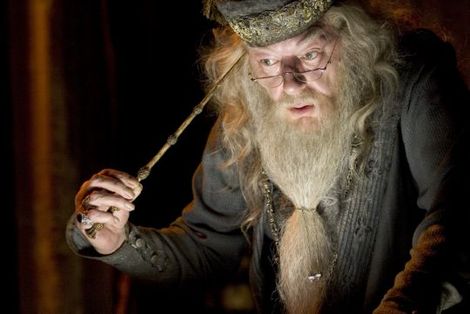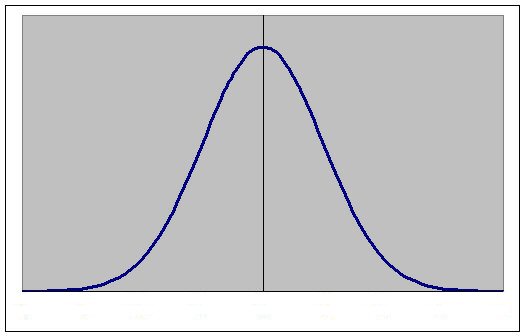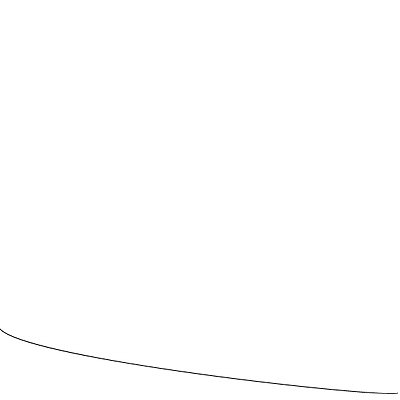
EVERYONE WILL PLEASE NOT PANIC
Because it's a fine line indeed between success and failure. As we've all seen in the past week. And the most maddeningly minor and trivial things mark decisive points along that line. If Jack Hannahan and Tony Pena don't make a couple of plays... if David Eckstein and Aaron Hill do make a couple of plays... if Joe Inglett gets a bunt down.... But that's baseball. Shoulda woulda coulda.
But it is a fine line, and that's why it's also useful to remember that anything that puts a team off its game can have an utterly disproportionate effect on the results. The flu was travelling through the clubhouse at the beginning of last week. It's true that hardly anybody actually missed any action. But I promise you, it had an impact on those who played. I know when I've got the flu, I don't even do as good a job at watching television as I normally would. It's a fine line between being at the top of your game and being just a little below it; but at this level of endeavour, and at this level alone, that extremely fine distinction shows up on the scoreboard. Remember how the Red Sox looked when they stumbled into town at the end of their Road Trip from Hell? Remember what happened to them when they got here?
That's baseball. This is a bell curve.

The bell curve is a graphic representation of how human talent is normally distributed. We're thinking of any basic human talent, from playing baseball to playing chess. The vast majority of the population is smack dab in the middle. There are people to the left of the centre point who are below average, dwindling to an ever smaller number of people who cannot carry out these endeavours in any form at all. At the other end, we have the people to the right of the centre line who are better than most, and that number dwindles and dwindles until we get to the extreme right end of the curve, where we find those very few human beings who are really, really, really good at these things: Gary Kasparov and Albert Pujols. The differences between people like this and an ordinary enough human being like myself are enormous.
Here's what you always have to remember about the people who inhabit the far right end of the bell curve. They're all freaks. They have a gift that is so far in excess of what the vast majority of human beings inherit... well, it's almost impossible to even make sense of the gulf between us. I know how to play chess, as many of us do. But I know a lot more besides. I understand the theory of the opening, how to create and exploit the smallest weaknesses - an isolated pawn, a bad bishop - but the gap between my understanding of the game and that of a grandmaster like John Nunn is about as deep and profound as the gap between my understanding of physics and Roy Glauber's.
Grandmaster Nunn, like Professor Glauber, like Marco Scutaro, is a freak. Nunn is one of my favourite players, partially because he writes so well and partially because he loves to play a very sharp and attacking game. He's an interesting and attractive freak (in other words, not at all like Bobby Fischer) - he was a mathematics prodigy who graduated from Oxford when he was 18, had his doctorate five years later, and lectured in mathematics at Oxford until he started playing chess professionally. Mario Scutaro we know about. And as for Professor Glauber, his current research is in the field of quantum optics, and includes:
the quantum mechanical behavior of trapped wave packets; interactions of light with trapped ions; atom counting-the statistical properties of free atom beams and their measurement; algebraic methods for dealing with fermion statistics; coherence and correlations of bosonic atoms near the Bose-Einstein condensation; the theory of continuously monitored photon counting-and its reaction on quantum sources; the fundamental nature of “quantum jumps”; resonant transport of particles produced multiply in high-energy collisions; the multiple diffraction model of proton-proton and proton-antiproton scattering.
There are far more people walking around in the world whom you would allow to perform surgery on your brain than there are who can do what these people can do.
However, while the differences between these people and ourselves are enormous, the differences amongst themselves are vanishingly small. In ordinary human terms, these differences are literally microscopic.Look at that picture again! You can't see any difference at the far right end of that curve! There's effectively no difference between them at all.
But maybe if we limit their competitive activity so that they only play amongst themselves, some slight shadings, some small degrees of difference will emerge. For example, if we play baseball every day for six months, and if we keep track of absolutely everything, and if we calculate everything to at least three decimal points - we may begin to tell them apart. But even so - when the real differences between them are so small, on a given day, anything can happen. Really. Marco Scutaro can beat Mariano Rivera.
And it will all happen in this little, tiny part of the extreme right end of the curve. Which we can only see, by the way, after we haul out the microscope:

And in this tiny fragment of the human population - that little fragment that is capable of playing world class chess or major league baseball - the most typical performer is the worst fellow out there. As the line moves rightwards to even higher levels of skill, the numbers of people fall and fall and fall until we find no one left except Alex Rodriguez and Mariano Rivera. But even someone from the far left of this little picture - Marco Scutaro, say - is still far, far closer to Alex Rodriguez than he is to any of us. And again, don't even mention Marco's name to Mariano.
It's simpler with chess players. We just have them play each other. On those occasions when they did meet in tournament play, John Nunn couldn't beat Kasparov. Not even once. Nunn is now retired from competitive chess. At his peak in the mid 1980s (for chess players reach their peak and decline, just like the rest of us), Nunn briefly cracked the World's Top 10. He came close, but he never did qualify to play in a World Championship Candidates Tournament. By 2005, his ranking had slipped to 98th in the world. At which point, he decided it was time to pack it in, write some more of his excellent books, and use computers and data mining to put endgame theory on a truly scientific basis.
There are six billion people on this planet. Imagine being one of the 100 best in the world, at anything. Just imagine such a thing.
Then imagine that being nowhere near good enough to even bother continuing with it.
That's baseball, too.
In fact, now that I consider the matter, it's a fine line between the 1927 New York Yankees and the 1962 New York Mets.
Let's run with this for a moment. After all, if the players on that Mets team had been assembled at different moments in their careers, you might have a pretty decent club. Batting leadoff and playing centre field, you've got Richie Ashburn - a Hall of Famer, one of the greatest leadoff hitters in NL history and a brilliant defensive player. Beside Richie in the outfield, we've got the original Frank Thomas, a fine slugging outfielder for many years (three 30 homer seasons, 286 in his career) and Gus Bell, patriarch of three generations of fine ballplayers, and a four-time All Star. Gil Hodges isn't in the Hall of Fame, but he was a very good player, the first baseman for several championship teams, a great defensive player, a powerful hitter. You've got a two time All Star at second base (Charlie Neal) and another All Star in the infield (Felix Mantilla.) Even one of the catchers (Chris Cannizzaro) would make it to an All Star Game eventually. There's nothing good happening at shortstop, but the rest of those guys would put a few runs on the board.
OK, the pitching is pretty shallow, but there are some decent arms around - some solid starters in Roger Craig, Vinegar Bend Mizell, and Al Jackson. Bob Miller was a pretty good major league reliever for seventeen seasons. There was a lot of talent there, and a Hall of Fame manager - but it was all lined up at the wrong moment in their careers, when they had either slipped from the level of their best performance or hadn't reached it yet. At this extreme end of the spectrum of baseball ability, that's all it took. It worked out to 40 wins and 120 losses. A very fine line indeed.
But happily, the losing streak stopped before I started bringing out the Jean-Luc Picard ("the line must be drawn here!"), and before John Gibbons walked the plank. I'm especially happy about that, because I've been working on a Manager's Box for Gibbons, and it would really suck if he got canned before I got finished. All the same, perhaps I'd best not dawdle...
I realize that second guessing and criticizing the manager is a basic human right, like food and shelter. But I just can't pay any attention - it's the white noise of the baseball world, residue left over from some far-off primeval event, constant and meaningless, full of sound and fury, signifying nothing. As always, it focuses 95% of its attention on the smallest part of a manager's job, and does so while being based on information that is always sketchy and incomplete. Still any time a team goes through a patch like what the Jays have been going through, the pitch intensifies. I noticed that.
In fact, I'd go far as to say that the criticism directed at Gibbons on this site during the last week, at moments here and there, actually began to approach the criticism I regularly read of Tito Francona from Red Sox fans. It wasn't that bad, I hasten to add - and we were nowhere near the way Yankees fans used to talk about Joe Torre - but it was getting there. It really was. It was kind of impressive, in a weird sort of way.
And hey - by the way - it seems to me that there's been just a little too much love for John McDonald in the air lately. Just a little. I like Johnny Mac my own self, but I always try to remember what he is. He is a glove. And if you shake the nearest tree, a dozen gloves will come dropping out. That's a piece of ancient baseball wisdom, handed down through the ages, but it's supported by the bit of quasi-science practised by myself (hey, it's the best that I can manage!) and cherry-picked for this particular occasion. Players like McDonald come from the far left of that second graphic, where such talent is plentiful.
There are indeed times when you need to shake the glove tree and pick up what comes dropping out, but in the Great Scheme of Things David Eckstein will do more to help this team win than John McDonald.